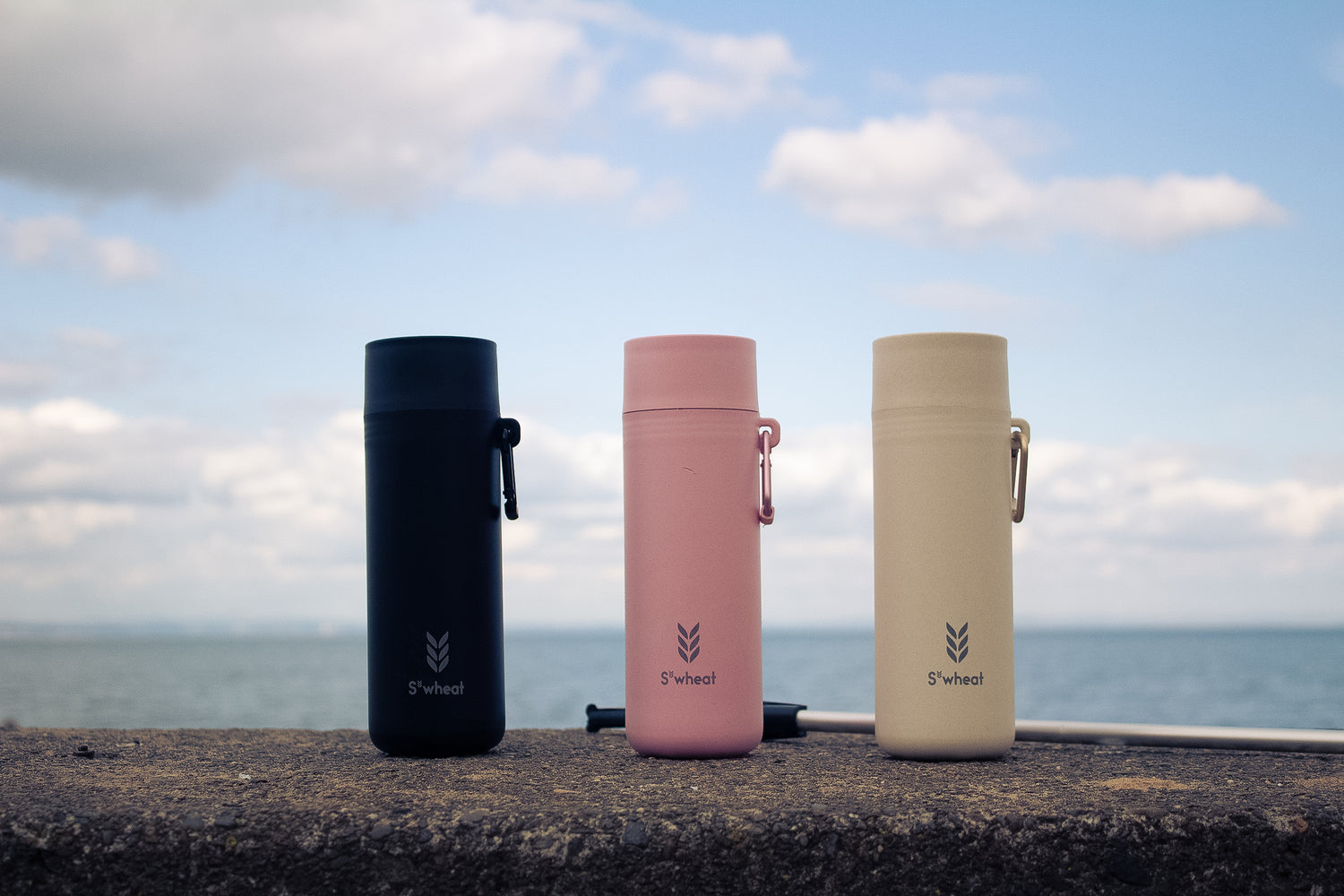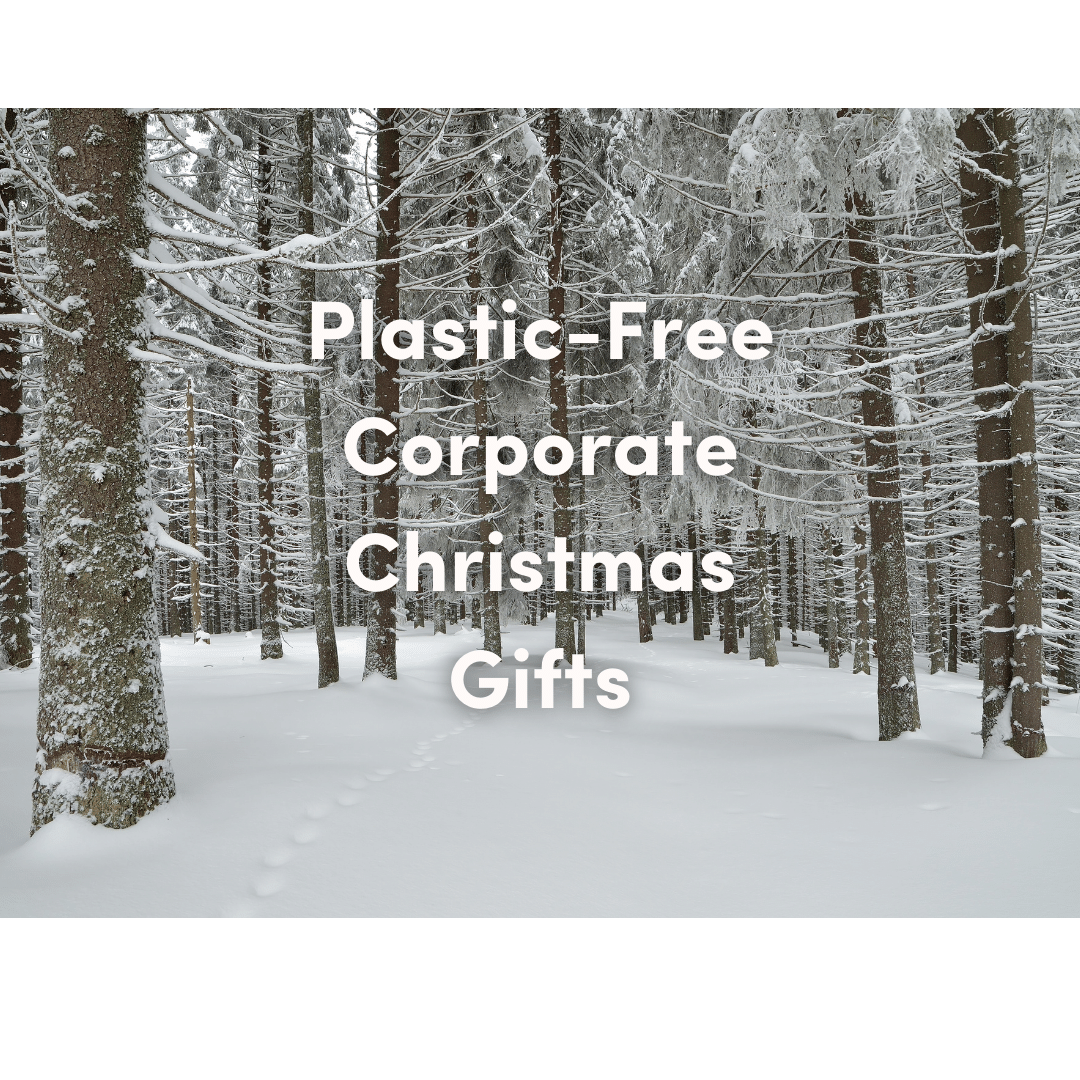70% of our debris sinks into the ocean's ecosystem, 15% floats, and 15% lands on our beaches.
The Great British Beach Clean takes place in the third week of September and gathers thousands of people around the UK to their local beaches to survey and manage the litter together. Litter that collects in the ocean and washes up on our beaches can threaten the lives of sea life, either suffocating them or being eaten by them, causing health issues and often resulting in starvation. It’s not just a threat to animals though - humans can easily come across sharp or harmful objects including medical waste like syringes.
80% of all ocean plastic has originated from land - where exactly is it all coming from?
Often, poorly managed landfill and illegal waste disposal facilities or litter from streets and beaches will migrate to the ocean due to the weather. Other materials could also enter the sea via sewage overflows. By far the most prevalent is plastic and polystyrene, making up three quarters of all litter retrieved during the beach cleans.
Over 2 million tonnes of plastic packaging are still being used in the UK every year.
More and more laws on single-use plastic, including the ban of plastic and polystyrene takeaway containers, plastic cotton buds, and the plastic bag charge, are being administered in the UK over recent years. Cotton buds were found to be at an average of six per 100 metres of beach during the 2021 beach clean, the lowest ever recorded in 28 years, which is great progress, but the issue of single-use plastic water bottles is still threatening our environment. Not only does the manufacture and transport of single-use plastic use a great amount of energy, oil, and fuel, only 9% is recycled, and even when it is, this can only be done two or three times before the plastic has degraded too much throughout the process to be reused again.
Plastics take 500-1000 years to degrade. 79% is sent to landfills or the ocean, whilst 9% gets recycled, and 12% incinerated.
Many common plastics are made with additives to make them more durable and flexible, which will generally make it incredibly difficult to break down, some taking hundreds of years to degrade. Each time plastic degrades, it just breaks down into microplastics, which is ingested by marine life, damaging their liver and cells, disrupting their reproductive systems, and frequently ultimately being consumed by whatever eats the fish. With around 80% of people being found to have microplastics in their bloodstream and lungs, humans are certainly not exempt.
1 in 3 fish caught for human consumption contain plastic.
There’s no denying we may be largely at fault for the condition of our beaches and oceans, but around 8 million tons of plastic waste escapes into our oceans from coastal nations each year, highlighting that this is an international problem. Microplastics have been found in hundreds of aquatic species worldwide, so it’s imperative that we all participate in looking after our local beaches to keep litter at bay.
Results from The Great British Beach Clean 2021
- 5064.8kg was recorded throughout the UK.
- An average of 385 items were found per 100m, which is a significant improvement from the previous two years, for an average of 425 items in 2020, and 558 in 2019.
- Since the plastic bag charge, the average number of bags found per 100m went from 13 to 3.
- Wet wipes remain the second most common item found, most of which contain plastic.
Top five most common litter items on UK beaches (average per 100m)
- Plastic and polystyrene (111.7)
- Cigarette stubs (27.8)
- Crisp and sweet packaging (25.9)
- Plastic caps and lids (15.5)
- String/cord (15.3)
This year, the S’wheat team took it upon ourselves to head down to our local beaches and scour the sand for rubbish. Although they were all, thankfully, pretty waste free, we still managed to clean them up a bit more and help keep beach waste at bay.
S’wheat: Pure, Practical, Made from Plants
Here at S’wheat, our mission is to disrupt the single-use plastic industry and replace the energy-intensive, inefficient reusable water bottles that are currently dominating the market. The S’wheat bottle is the world’s first to be made from plant-based materials: a unique, durable, naturally insulated and antibacterial material of wheat stalk and bamboo.
Our plant-based reusable bottle is lightweight yet sturdy, weighing nearly half the weight of your average steel reusable bottle yet has a three times higher tensile strength. Sustainably sourced, infinitely renewable, seriously practical, and biodegradable, what’s not to love?
As a certified social enterprise, we wanted to make the most sustainable product for the most eco-conscious consumers, which is why we offset our carbon, plant trees, and give profits to charities to help them clean up our oceans. Through hard work and perseverance, S’wheat is carbon negative, meaning we offset more carbon emissions than we produce!
We use plant by-products and give extra income to farmers for their natural waste materials that would have been either left to biodegrade or incinerated - and we turn it into a bottle! Your S'wheat bottle will not only be perfect for any occasion, but it gives back to the earth too. When you purchase a sustainable S’wheat bottle, you will get:
So far, we have planted over eight thousand trees in our Ecologi forest!
What’s more is, when you co-brand with S’wheat, we promise to plant a minimum of 50 trees. You will also receive your very own personalised impact report, demonstrating the ecological impact of your order. Branded S’wheat bottles laser engraved with your company logo will show that your brand is making a change for the better, whether you’re gifting to your employees, handing them out at a special event, or treating your clients.
Co-branding with S’wheat could not be easier! Here is our simple co-branding process:
- Choose your bottle from one of our four distinct colours or choose a Pantone colour so we can match to your branding.
- Send us your logo and we will create a mock up image for you.
- We engrave your bottle with high-quality laser engraving or we can offer a colour printed logo.
- We will plant a minimum of 50 trees in your company’s name and remove plastics from the ocean.




Leave a comment
All comments are moderated before being published.
This site is protected by hCaptcha and the hCaptcha Privacy Policy and Terms of Service apply.